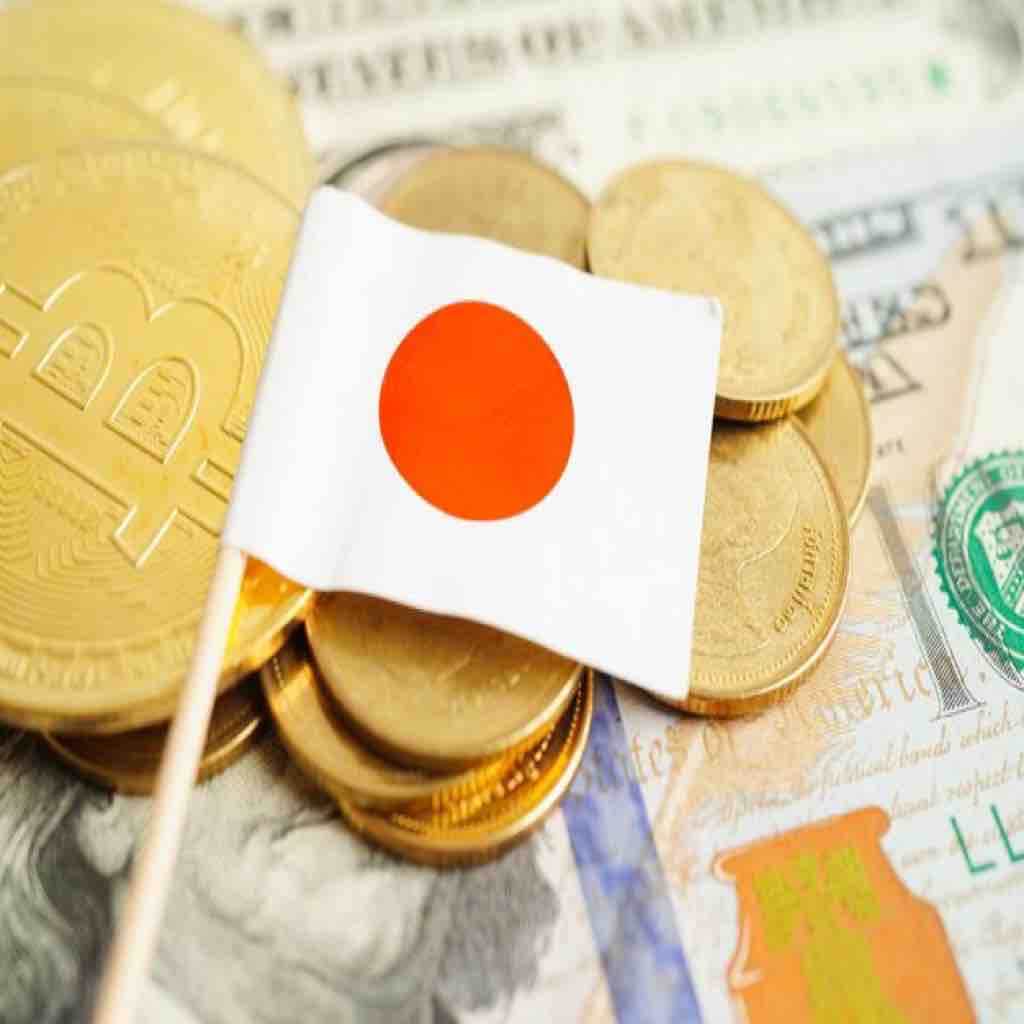Stablecoins, a type of cryptocurrency designed to maintain a steady value tied to real-world assets like the U.S. dollar or yen, remain largely unregulated in most major countries. Japan, however, has emerged as a trailblazer in this arena. In June, the world’s third-largest economy enacted a stablecoin law, setting an example that demonstrates the feasibility of stablecoin regulation.
Japan makes daunting stablecoins regulation
This accomplishment is significant as it showcases that regulating stablecoins is possible, even though it may not be straightforward. In contrast, the United States is still grappling with congressional disputes over this issue, with no stablecoin bill having become law. The European Union is set to implement stablecoin regulations next year, but gray areas persist. Japan’s journey illustrates that regulating stablecoins is far from easy. Until recently, these types of cryptocurrencies were essentially banned in Japan.
Issuers now face the challenge of establishing systems that allow for the issuance of secure and profitable stablecoins while complying with stringent regulations. The stakes are high, with the total stablecoin market capitalization estimated to be over $124 billion. Major players like PayPal have entered the scene by issuing their own stablecoins. These digital assets serve various purposes, including providing a store of value for investors in countries experiencing currency devaluation and high inflation, as well as facilitating trading for other cryptocurrencies.
However, the growing prominence of stablecoins has raised concerns about their stability. In May 2022, the algorithmic stablecoin project Terra Luna suffered a catastrophic collapse, resulting in the loss of billions of dollars in value. The world’s leading stablecoin, Tether, has long been a subject of concern, with some dubbing it “The Coin that Could Wreck Crypto.” The fear is that a scenario akin to a bank run could occur, where a large number of investors attempt to redeem their stablecoins for real-world assets like dollars, only to find that there are insufficient assets to fulfill these redemptions.
Regulation and its effect on the future of the crypto sector
Japan’s stablecoin regulations aim to address some of the most significant fears surrounding major stablecoins, primarily whether issuers genuinely possess the assets to back them and, if they do, how to ensure that these assets are easily accessible and not tied up in opaque and risky investments. Nevertheless, these problems are complex and not easily solved, which means that launching a stablecoin in Japan will be a time-consuming process. According to Tatsuya Saito, the founder and CEO of Progmat, a software platform for issuing and managing digital assets, Japan’s first stablecoins are expected to launch no earlier than June of the following year.
Saito explained that it takes at least a year to complete the licensing requirements and gain approval from Japanese regulators. In September, Binance Japan, the local subsidiary of the world’s largest crypto exchange, teamed up with Mitsubishi Trust Bank and Progmat to explore the development of a new stablecoin. Saito mentioned that he is in discussions with ten different projects that intend to launch stablecoins in Japan. All ten of these projects aim to issue both dollar-based and yen-based stablecoins.
Several of these projects are led by overseas companies, although none of them have initiated the licensing process yet, as they are still in the exploration phase. Japan’s pioneering approach to regulating stablecoins serves as a beacon of hope for the cryptocurrency industry. It demonstrates that while the path may be challenging, the regulation of stablecoins is possible, and it may pave the way for other nations to follow suit in providing a secure and transparent environment for stablecoin issuers and users.




